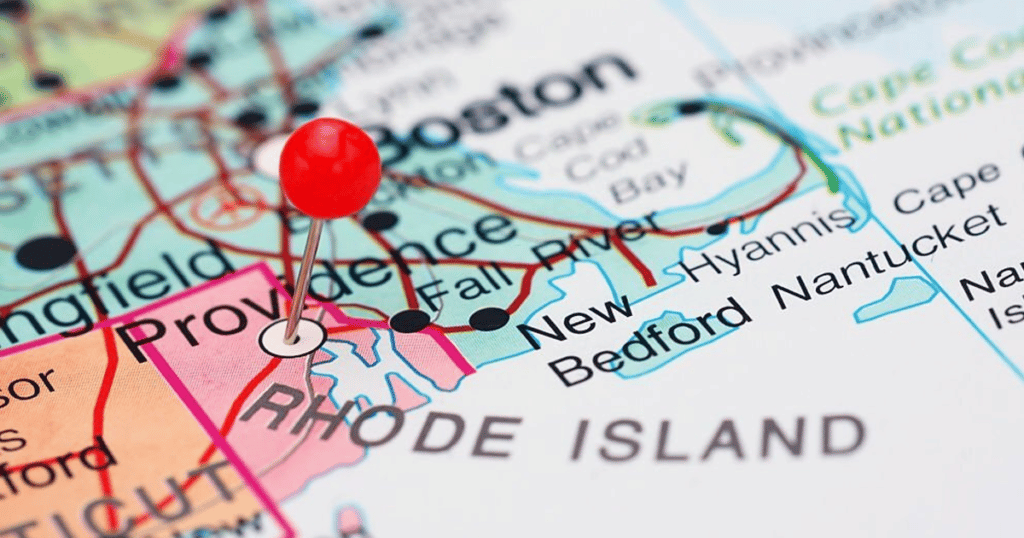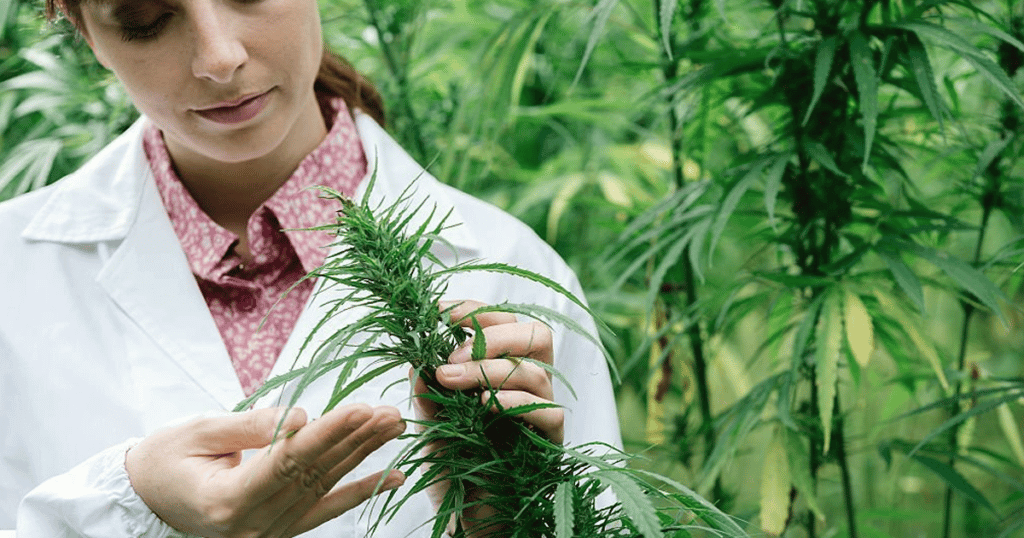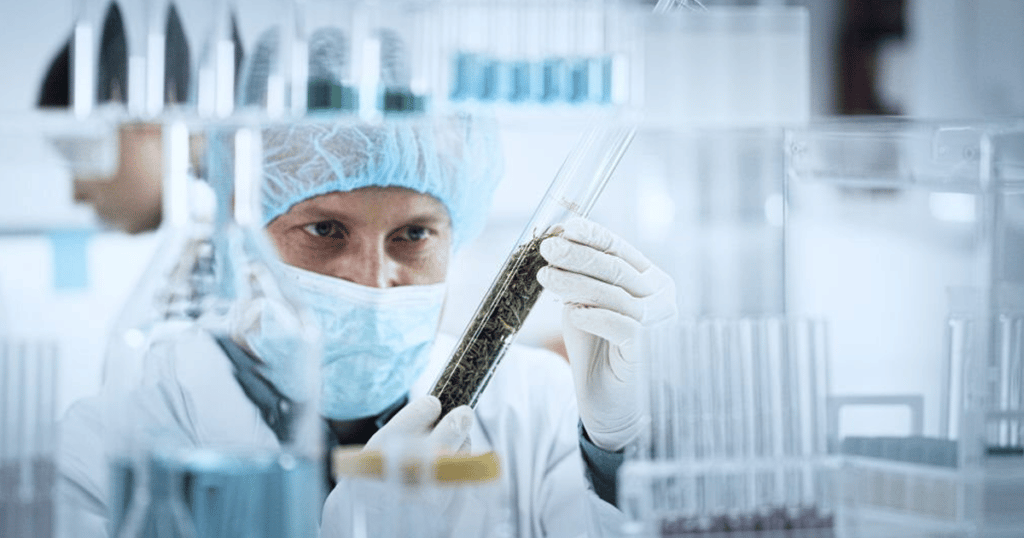At the end of June, Rhode Island announced that it will become the next state to begin testing cannabis products for pesticides, a welcome move forward. The announcement has been met with excitement from anti-prohibitionists, as the adverse health effects associated with pesticide use are numerous.
Hybrid sales – both recreational and medical marijuana – are set to begin in December of this year. However, that will only be possible if the four independent cannabis testing labs licensed by the state’s health department can handle the influx of traffic.
Sales To Begin In December
In May of this year, Rhode Island announced that it would become the 33rd state to legalize the use and purchase of recreational cannabis. The new legislation announced that it would create 33 dispensaries that will be able to sell both recreational and medical marijuana.
Current medical dispensaries will be able to apply for the new hybrid license, and sales are predicted to start in December of this year.

Bye Bye Pesticides
Cannabis farmers and testing facilities have been informed that mandatory pesticide testing will start on June 30th, according to Providence Business First.
In one survey conducted in 2019, 600 cannabis consumers in legal adult-use markets were asked about their opinions on environmental standards and quality certifications in the cannabis industry, and consumers expressed overwhelming support for their implementation.
As a matter of fact, consumers favored paying higher prices for cannabis products that were:
- Farmed without chemical pesticides (92 percent).
- Free of chemical fertilizers (88 percent).
- Grown in a low carbon footprint setting (82.5 percent).
- Cultivated with consideration for water waste (86 percent).

Negative Health Effects
In order to achieve a pesticide-free market, industry leaders and regulators must collaborate, as new evidence indicates that pesticides may be hazardous to consumer health and well-being.
People who use marijuana and CBD products, particularly in the medical marijuana industry, are often considered high-risk patients and are typically afflicted with serious illnesses. Many CBD and marijuana users cannot afford to risk the adverse health effects that pesticide intake and inhalation can cause on top of their pre-existing ailments.
In eliminating pesticide use, cultivators will not only be protecting consumers from exposure to dangerous pesticides but will also improve worker safety and reduce environmental impact.
The cannabis industry is emerging at a time when cutting-edge agricultural technology is also being developed. Both the cannabis and agricultural sectors are embracing pesticide-free solutions on a large, scalable level.
The fact that responsible businesses are developing operations and infrastructure that are based on sustainability while implementing solutions that are secure, affordable, and efficient at conserving plant value offers great optimism for the industry and our planet.
High Volumes To Consider
That being said, the State of Rhode Island is currently working in collaboration with just four independent cannabis testing labs: East Coast Labs in Providence, Green Peaks Analytical in Warwick, Cannalytics RI in West Warwick, and PureVita Labs in West Warwick.
At this time, these labs are the only ones that have been approved by Rhode Island’s health department. When the state’s current medical dispensaries receive their hybrid licenses, it will become home to 67 cannabis retailers. The hope, of course, is that the four testing labs will be able to handle the new traffic, but only time will tell.
A move – such as this one by Rhode Island – to distribute products of high quality that meet quality certifications sets the cannabis industry up for continued success.
While it can often feel as though anti-prohibition has come to a stand-still, announcements such as this one remind us of the industry’s achievements.
The negative health effects associated with pesticide use for both employees and consumers are not something to be ignored.
Enjoyed that first hit? Come chill with us every week at the Friday Sesh for a freshly packed bowl of the week’s best cannabis news!

















